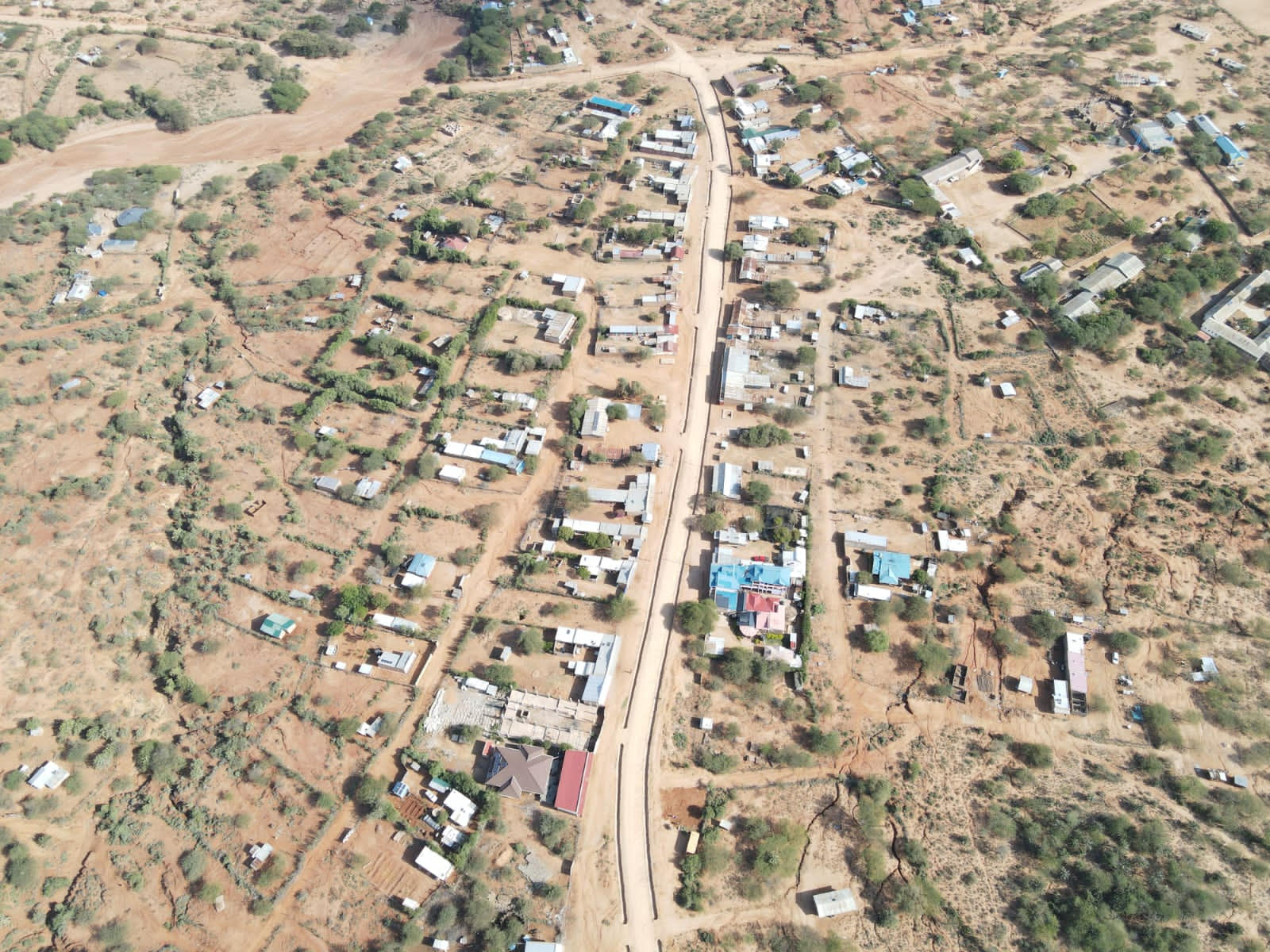In the vast rangelands of Northern Kenya stretching across Samburu, Laikipia, Isiolo, and Marsabit a quiet revolution is underway. The Northern Kenya Rangelands Carbon Project (NKRCP), the world’s largest soil carbon initiative, aims to remove 50 million tons of CO₂ over 30 years while generating hundreds of millions of dollars for pastoralist communities. Its ultimate goal: reduce emissions and restore degraded landscapes.
Covering two million hectares, the project improves grazing practices and generates revenue for 14 community conservancies. This financial viability enhances resilience in a region long overlooked by traditional development models. But beneath this climate finance success story lies a troubling question: Who truly benefits?
The Pricing Puzzle- According to Native, the US-based company selling this project carbon credits, this project generates over USD 12.5 million annually. Communities receive 60% of this income, amounting to KSh 500 million per year, based on a market unit price of USD 8 per ton. Over the life of the project, communities are projected to earn KShs 15 billion.
Native charges a fixed fee of 17% for asset management, plus USD 1.5 million annually for project credit verification and operations. With global carbon markets expected to grow from USD 1.4 billion in 2024 to USD 250 billion by 2050, questions around pricing transparency and equitable benefit-sharing are urgent.
A Strategic Investment Blueprint- The real opportunity lies not only just in carbon removal but in strategic reinvestment. If communities allocate 50% of their projected income totally to Kshs 7.5 billion to water and education, they could transform lives across the region. That’s Kshs 250 million annually toward clean water access, equality education, and long-term resilience.
To safeguard this vision, communities are establishing a Special Purpose Vehicle (SPV) governed by a Community Council with representation from elders, youth, women, and land management committees. This SPV will oversee pricing, revenue allocation, and ensure accountability.
A Test of Integrity- The NKRCP is not just a carbon project. It is a test of whether climate finance can empower the very communities whose landscapes make it possible. If poorly managed, it risks becoming another extractive model. But if governed with integrity, it could become a global blueprint for ethical carbon finance rooted in pastoralist wisdom and dryland stewardship.
The Time to Act Is Now- Let us not squander this rare opportunity. Communities must work together to demand transparency, invest strategically, and ensure that carbon finance works for the people not just the market.

